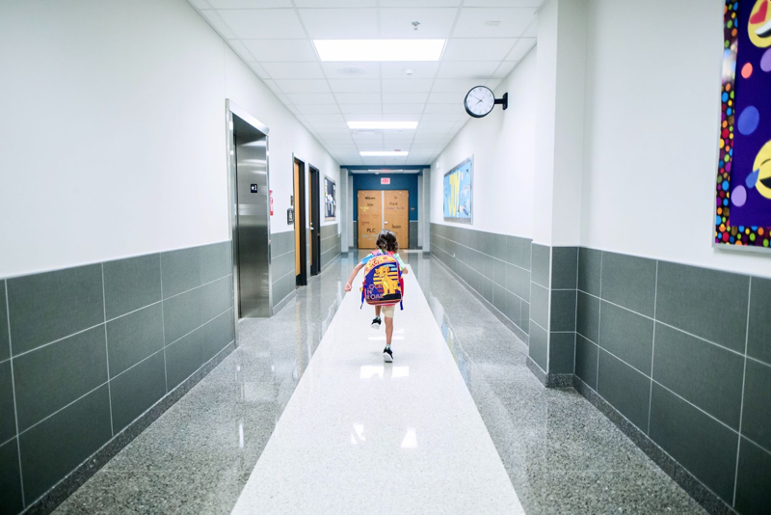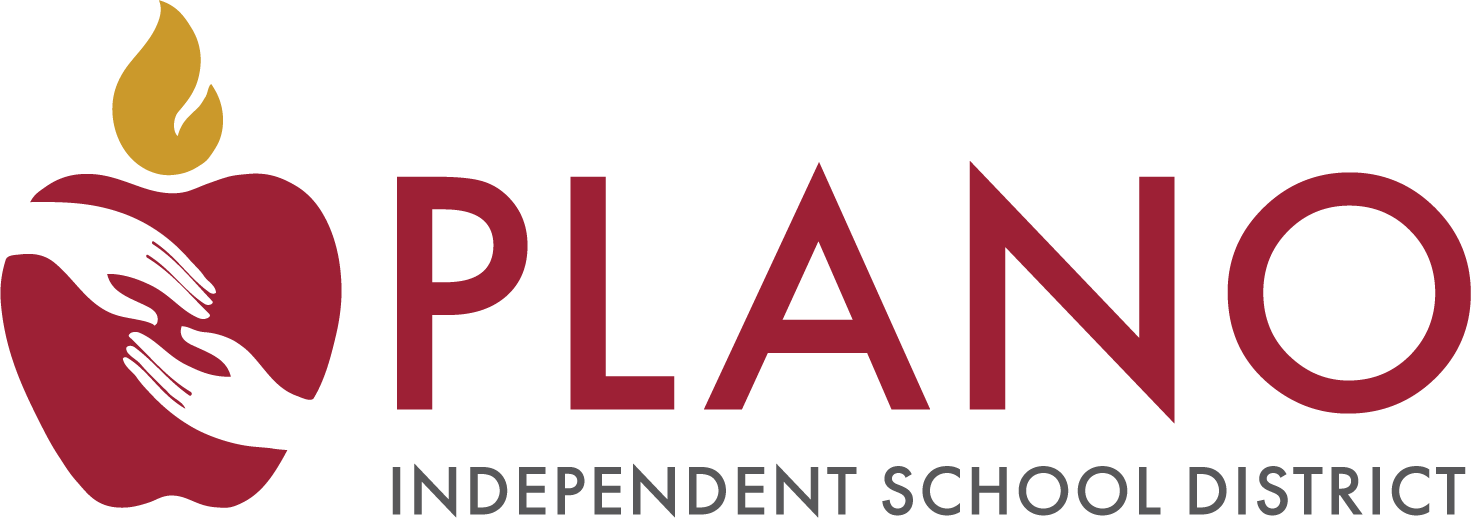Counseling Services
Page Navigation
- Counseling Services Home
- About Counseling Services
- Academic Planning
- Community Resources
- Mental Health
- School Social Workers
- Hope Squad
- Prevention & Wellness
- Mental Health Virtual Library
- Staff Resources
- Transcript and Records Requests
- Financial Aid Graduation Requirements
- GPA
- Parent Preview SB9
- Financial Aid Workshops
- Plano Independent School District
- Prevention & Wellness
-
Human Trafficking
Trafficking is a form of abuse. If you believe you have identified someone still in the trafficking situation, alert law enforcement immediately.
-
What is human trafficking?
U.S. law defines human trafficking as the use of force, fraud, or coercion to compel a person into commercial sex acts or labor against their will. The Action-Means-Purpose (AMP) Model can be helpful in understanding the federal law. Human trafficking occurs when a perpetrator, often referred to as a trafficker, takes an Action (induces, recruits, harbors, transports, provides), and then employs the Means of force, fraud or coercion for the purpose of compelling the victim to provide commercial sex acts (sex trafficking) or labor/services (labor trafficking).The exception to the force, fraud or coercion requirement is that children participating in commercial sexual activity is always considered trafficking under federal law. There is no such thing, under federal law, as a child prostitute. Victims of human trafficking include adults and children, both U.S. citizens and foreign national.
The terms “victim” and “survivor” can be problematic for those affected by trafficking, and by using them in this resource, we do not mean to label or define anyone’s experience. Instead, we use them for clarity and to be consistent with language that is currently standard throughout the literature on this issue. In practice, educators are encouraged to be mindful of the power of these terms and to determine, in dialogue with students impacted by trafficking, how they prefer to be referenced.
-
Prevention
Child sex trafficking is one of the most common types of commercial sexual exploitation of children and is a high priority at the National Center for Missing & Exploited Children.
-
Keeping Your Kids Safe

- Open, non-judgmental communication at home
- Know who your children are spending time with and where.
- This includes any adults they may come into contact with at friends’ homes.
- Know what your children are doing online.
- Where are they going and who are they talking to on theses sites?
- Monitor this and discuss with your child.
- If something doesn’t seem right, ask questions and get help!
-
How to Support
If a child talks to you about sexual exploitation it's important to:
- listen carefully to what they're saying
- let them know they've done the right thing by telling you
- tell them it's not their fault
- say you'll take them seriously
- don't confront the alleged abuser
- explain what you'll do next
- report what the child has told you as soon as possible.
Those involved in sex trafficking situations may look and act like anyone else. They may be- happy or sad,
- dressed in any way, and
- behaving like anyone else.

-
Get HelpTexas Department of Family and Protective Services (DFPS) : 1-800-252-5400
National Human Trafficking Hotline
Polaris Project
1-888-373-7888 ( TTY: 711) or Text 233733
North Texas Coalition Against Human Trafficking: 1-888-373-7888
-
Get Additional Help


